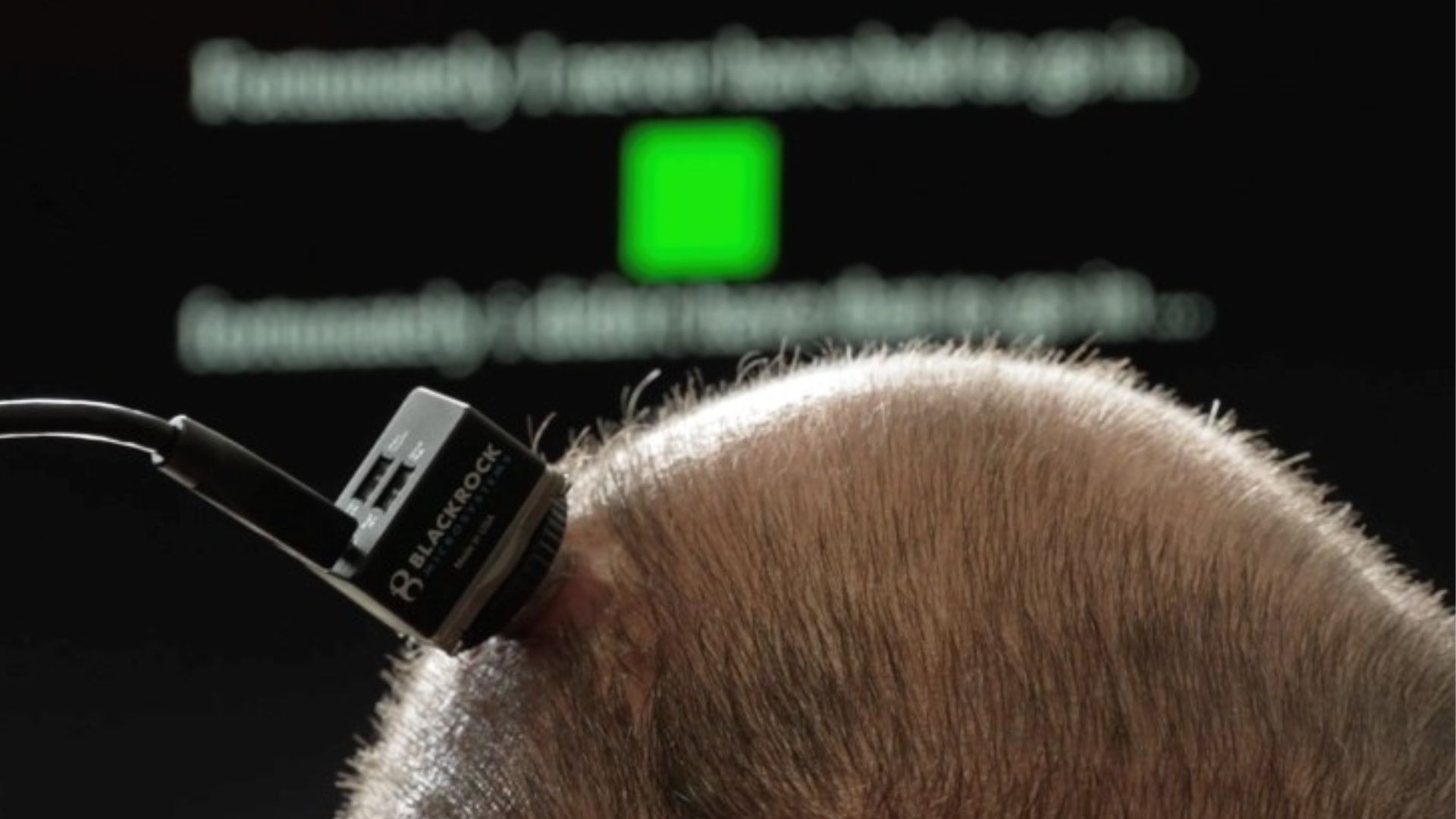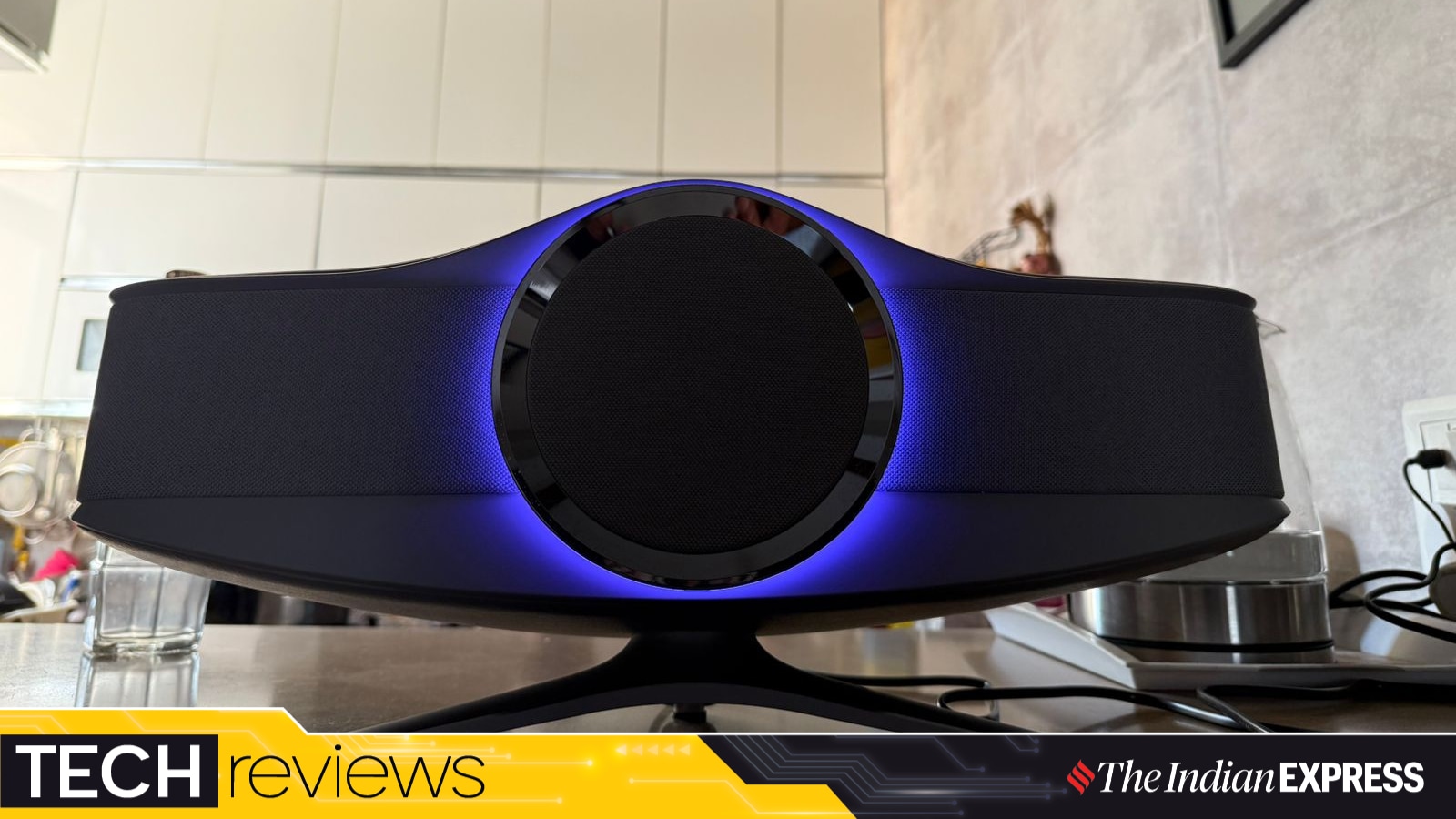- TECHSWU
- Posts
- TECHSWU
TECHSWU


The construction industry is on the brink of a revolutionary transformation, thanks to AI and advanced technology. As we approach 2025, traditional methods of progress tracking are evolving from mere reporting to proactive risk management tools that offer real-time insights.
Today's project owners demand immediate visibility into progress without adding workload to already stretched teams, prompting the adoption of AI tools that streamline monitoring and decision-making. Emerging from advancements in computer vision, these tools leverage everyday imagery—captured via smartphones and drones—to provide actionable insights.
The future holds even more promise, as AI agents evolve to predict and mitigate potential issues autonomously. This shift not only aims to enhance efficiency but also to empower human talent, allowing teams to focus on problem-solving and collaboration.
The convergence of AI and robotics in construction isn't about replacing jobs but enriching the workforce's capabilities, paving the way for smarter, faster, and more efficient project delivery.


A groundbreaking brain-computer interface (BCI) developed at the University of California, Davis, has empowered a patient with ALS to communicate in real-time, marking a revolutionary step in assistive technology. This innovative system decodes brain signals with impressive speed, translating them into audible speech almost instantly—just one-fortieth of a second delay—mimicking natural conversation flow.
By surgically implanting microelectrode arrays into the brain's speech-producing region, researchers successfully enabled the participant to vocalize sentences and even sing with alterations in pitch. The study's lead researchers see this transformative technology as a beacon of hope for individuals with speech impairments, aiming to enhance their communicative experiences.
While still in its infancy, the promise shown by this BCI could redefine the future of communication for those with paralysis and other speech disorders, potentially expanding to a wider audience in subsequent trials.

In a world eager for innovation, the latest episode of "Made in Germany" highlights the intersection of drones and energy efficiency. As delivery services increasingly contemplate the aerial alternative, questions arise: Will traditional couriers become obsolete? The article also scrutinizes the environmental toll of lithium mining and contemplates the future of fossil fuels as oil reserves dwindle.
Furthermore, it introduces perovskite, a game-changing material poised to revolutionize solar energy by enhancing solar cell efficiency.

In a thought-provoking discussion, thirteen Gen Z individuals share their candid feelings about America’s trajectory amidst the backdrop of Trump's presidency, AI advancements, and the lingering effects of the pandemic. Their sentiments sway from “disappointed” to “optimistic,” reflecting the economic upheaval experienced in recent years.
Debt-laden and job-hunting, many express concerns about financial stability, social isolation due to COVID-19, and the overwhelming pressure of living up to societal expectations. While some believe that the best days are ahead, others mourn a perceived decline in national unity and opportunity.
Technology, particularly AI, emerges as both a tool and a threat, reshaping expectations for entry-level jobs. Despite differing views, there's a common yearning for reliable futures and personal fulfillment.
Ultimately, the conversation reveals a generation caught between hope and skepticism, navigating an uncertain world while striving for a life that aligns with their dreams.

Meta has made a bold move in the tech world, investing a staggering $14.3 billion in Scale AI, a company specializing in AI model development.
This investment not only boosts Scale AI's valuation to over $29 billion but also marks Meta’s commitment to advancing artificial intelligence under the leadership of Scale's co-founder, Alexandr Wang, who will head Meta's new “Superintelligence” division. As Zuckerberg emphasizes, 2025 will be a pivotal year for AI innovations at Meta, with plans to invest as much as $72 billion this year.
While Meta's stock saw a slight dip following the announcement, it has risen about 15% year-to-date. This deal is significant for Meta, representing its second-largest investment after WhatsApp.
With this strategic move, Zuckerberg aims to position Meta AI as a leading assistant for over a billion users, paving the way for groundbreaking advancements in the AI landscape.

Introducing the Honeywell Aviator Hi-Fi Speaker — a stunning audio device that blends sleek design with impressive sound quality! Shaped like a manta ray, this speaker isn’t just a feast for the ears but also a treat for the eyes, lighting up with LED flair. Priced at Rs.
39,999, it promises lossless audio when connected via USB-C or Lightning, elevating your listening experience to new heights. While its audio fidelity win over audiophiles, users may find the initial setup tricky, especially when it comes to pairing.
With a robust 240W output, the speaker delivers vibrant soundscapes, whether it's soothing morning melodies or lively party anthems. Although it falls slightly short in volume compared to competitors when not in lossless mode, its captivating design and versatile performance make it a worthy addition to any home.

Apple's highly anticipated Siri upgrade, powered by new AI technology, is slated for a spring 2026 release, according to Bloomberg's Mark Gurman. Initially expected with iOS 18, the delay has raised eyebrows as competitors like Google and OpenAI continue to innovate in the AI space.
At WWDC 2025, Apple unveiled various OS enhancements but left fans craving the promised Siri overhaul, which promises on-screen awareness and context-aware responses. Despite previous lukewarm features like Genmoji and Visual Intelligence, excitement remains high for this upgrade.
However, as a year in AI feels like a lifetime, the question looms: will Apple be too late to reclaim its voice assistant crown? If Siri's resurgence faces any more delays, loyal users might express growing frustration with Apple’s leadership.